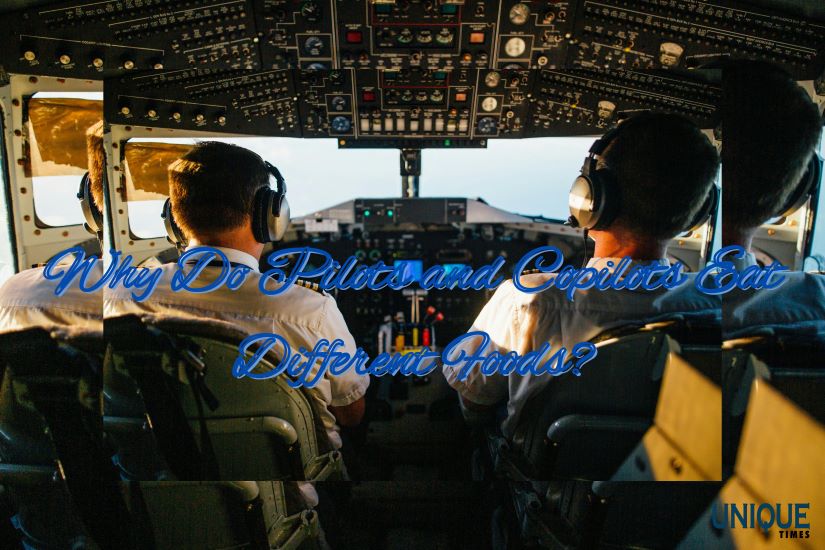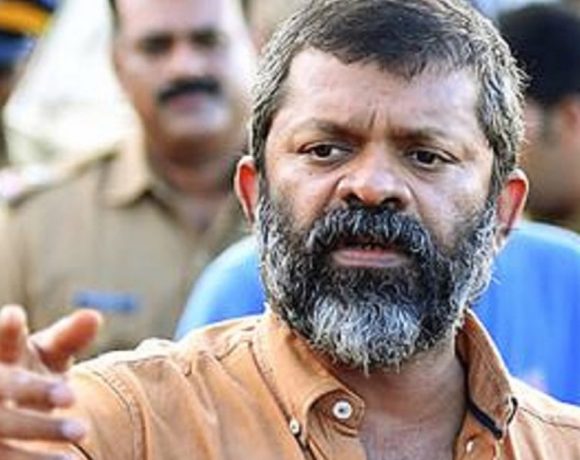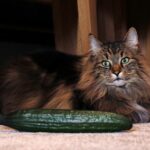Why Do Pilots and Copilots Eat Different Foods?

The practice of pilots and copilots eating different foods has been a long-standing tradition in aviation, but it’s more than just a superstition or ritual. In fact, there are practical reasons behind this seemingly unusual custom. In this blog post, we’ll explore why pilots and copilots eat different foods and the rationale behind this practice.
1. Mitigating the Risk of Food Poisoning:
One of the primary reasons for pilots and copilots to eat different foods is to minimize the risk of both individuals falling ill due to food poisoning. In the rare event that one of them consumes contaminated food, having the other pilot unaffected ensures that there is still a qualified and capable individual to operate the aircraft safely.
2. Ensuring Continuous Operations:
By eating different meals, pilots and copilots reduce the likelihood of both experiencing gastrointestinal distress simultaneously. This helps ensure that at least one pilot remains fit for duty, allowing for continuous operations without interruptions or delays.
3. Diversifying Nutritional Intake:
Another benefit of pilots and copilots eating different foods is that it allows for a more diverse nutritional intake. Different meals provide a variety of nutrients, vitamins, and minerals, which can help maintain overall health and well-being, particularly during long flights when proper nutrition is essential.
4. Psychological Comfort:
For some pilots and copilots, the practice of eating different foods may also provide psychological comfort and peace of mind. Knowing that they have taken precautions to mitigate the risk of food-related illness can help alleviate stress and anxiety, allowing them to focus on their duties with confidence.
5. Regulatory Requirements:
In some cases, regulatory authorities may require pilots and copilots to eat different meals as part of safety protocols and risk management procedures. These requirements are designed to ensure the highest standards of aviation safety and operational integrity.
Conclusion:
While the practice of pilots and copilots eating different foods may seem unusual at first glance, it serves a practical purpose in mitigating the risk of food poisoning and ensuring continuous operations during flights. By diversifying their nutritional intake and taking precautions to safeguard their health, pilots and copilots uphold the highest standards of safety and professionalism in aviation. So the next time you see pilots and copilots enjoying different meals before a flight, remember that it’s not just a tradition – it’s a smart safety measure that helps keep everyone on board safe and secure.
Picture Courtesy: Google/images are subject to copyright








